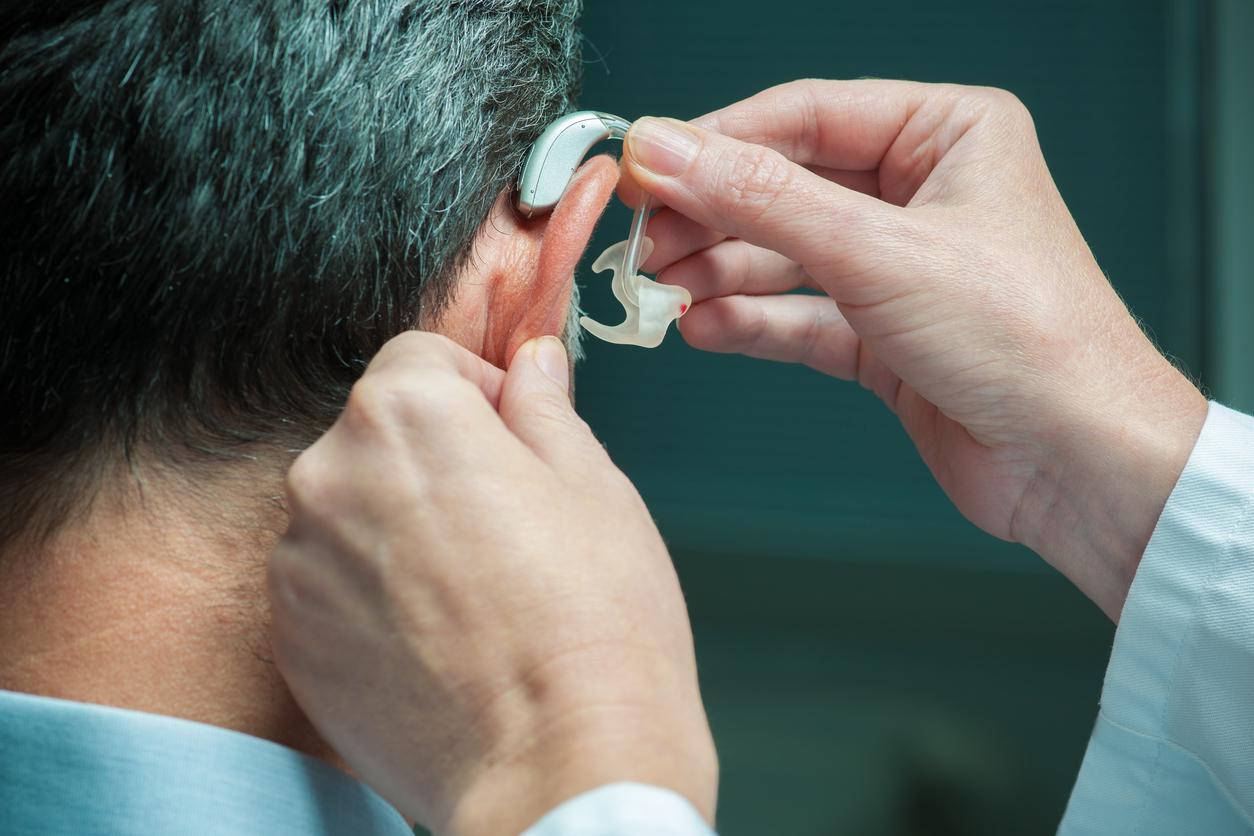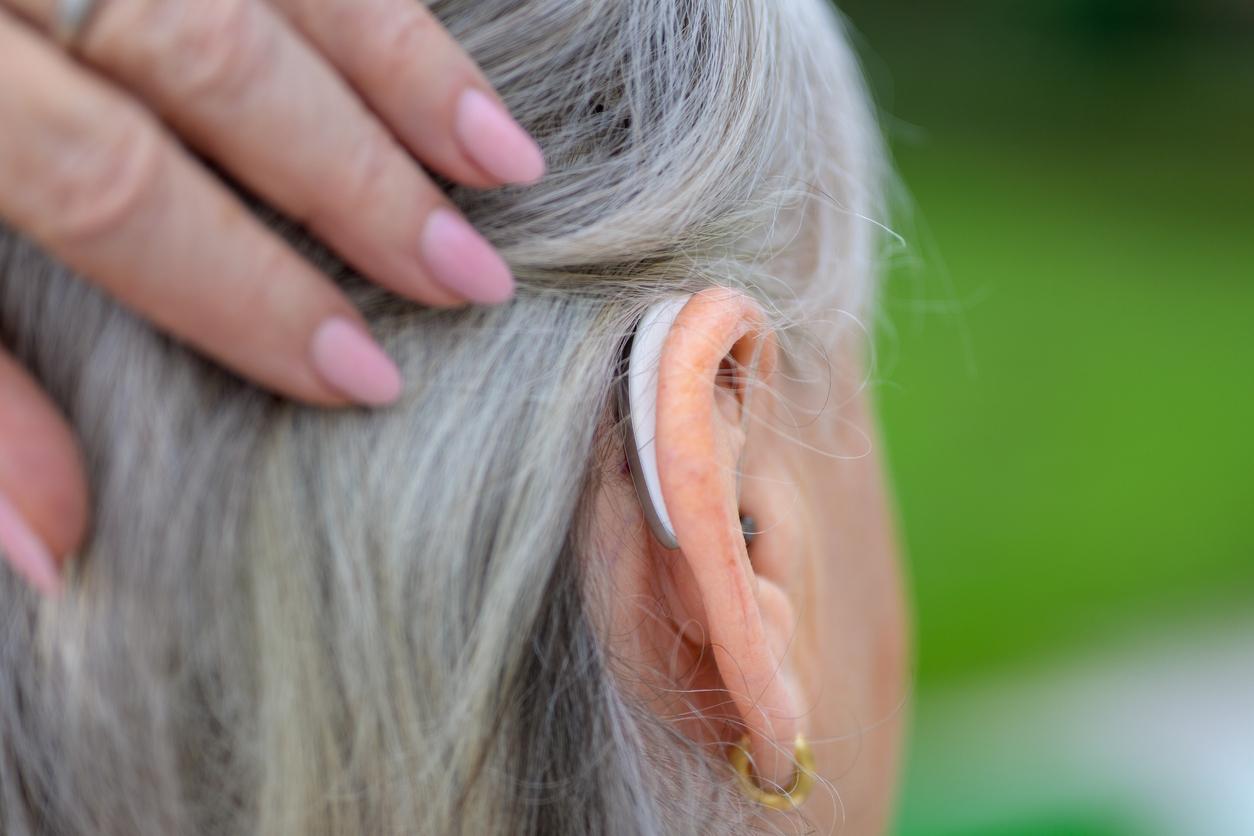
The effect of hearing loss on your daily life
Hearing worse is annoying for yourself and those around you. Yet many people are hesitant to deal with their hearing loss; on average they wait seven years. Not a good idea, because untreated hearing loss can have serious consequences.
Hearing impairment: Some people are born with it, while others develop it as they get older. In the Netherlands, almost 1.5 million people have hearing problems. Sometimes this means that someone hears certain sounds – such as high tones – less well, but it can also mean that people can hardly follow a conversation because of their poor hearing. That entails a lot. One of the main consequences of hearing loss creeps in slowly, but probably has the most impact: your social life suffers.
1. Hearing loss impacts your social life
If your hearing deteriorates, it is a lot less easy to maintain your social contacts. After all, social activities often involve larger groups of people, such as at a birthday, party or dinner. But ambient noise – such as buzz in a restaurant – also makes it more difficult to understand your conversation partner. As a result, you may start to avoid social interaction. In fact, research shows that older people with untreated hearing loss are almost a quarter less likely to participate in social activities. They stay at home because they can no longer follow conversations. This causes social isolation and sometimes even feelings of anxiety. In addition, loneliness has been linked to other health problems, such as high blood pressure and even depression.
2. Your brain becomes less fit
Not only social contacts can suffer from hearing loss, your brain also notices the consequences. Hearing loss can lead to impaired cognitive functioning. Communicating and hearing sounds help keep your brain fit. They are stimulated when sounds keep coming in. It is even said that communication is the best memory training there is. But the parts of your brain that don’t offer you sound due to hearing loss will find it difficult over time to distinguish sounds and even recognize speech. In addition, it takes a lot of energy for your brain to try to cope with hearing loss. That energy cannot go to other brain functions, such as remembering what has been said. Your memory will deteriorate as a result. A hearing aid can help with this, according to research from the University of Exeter and King’s College in London. For example, hearing impaired people with hearing aids appear to score better on tests that map working memory and attention than hearing impaired people without hearing aids.
3. Hearing loss makes you feel less safe
One of the lesser-known consequences of hearing loss is the feeling of insecurity and insecurity it evokes. For example, unsafe situations can arise because you cannot hear traffic properly, but ‘trying to hear’ also requires so much energy that you become fatigued and less alert.
4. Hobbies become less fun
What many people don’t realize is that hobbies often become less fun when you hear less well. For example, nature lovers can suffer from the fact that they no longer hear the sounds of the birds. Or maybe you like classical music and you miss the nuance in it because of your hearing impairment. Making your own music in, for example, an orchestra or choir is also a lot more difficult. This also has consequences for your social contacts – our hobbies are often the glue in social interaction with others – but your life also becomes less fun if you can no longer practice your hobbies to the fullest.
5. Hearing impairment costs money
A final side effect of hearing loss is that it costs money. And we don’t mean the costs you incur to deal with hearing loss, because the purchase of a hearing aid is partly or completely reimbursed (depending on your insurer and the hearing care professional you visit). According to research from The Better Hearing Institute, adults with hearing loss are more likely to be unemployed. People with hearing loss are also more likely to have a lower average income than people without hearing problems. Lead researcher Jung indicates that this is partly because people with hearing loss have more difficulty processing and interpreting conversations with their supervisors or customers. In addition, participating in meetings can be more difficult, for example.
Hearing aid
Although in most cases hearing impairment cannot be repaired, with the aid of a hearing aid you can again distinguish sounds in the best possible way. With this you can remedy or prevent a large part of the negative consequences of hearing loss. Fortunately, modern hearing aids are no longer as bulky and clunky as they used to be. Still, people sometimes hesitate before buying one. A shame, because hearing impairment is part of life and sooner or later everyone will have to deal with it. In fact, wearing a hearing aid is just as normal as wearing glasses. It is a tool, but one that can vastly improve quality of life.
Hearing test at the hearing care professional
Do you think your hearing has deteriorated? Then it is wise to have a certified hearing care professional look at your hearing. Such a hearing specialist will extensively examine your hearing in a separate closed room with professional measuring equipment. You will then receive extensive advice about your options. Such a hearing test is usually free of charge and without obligation.

















